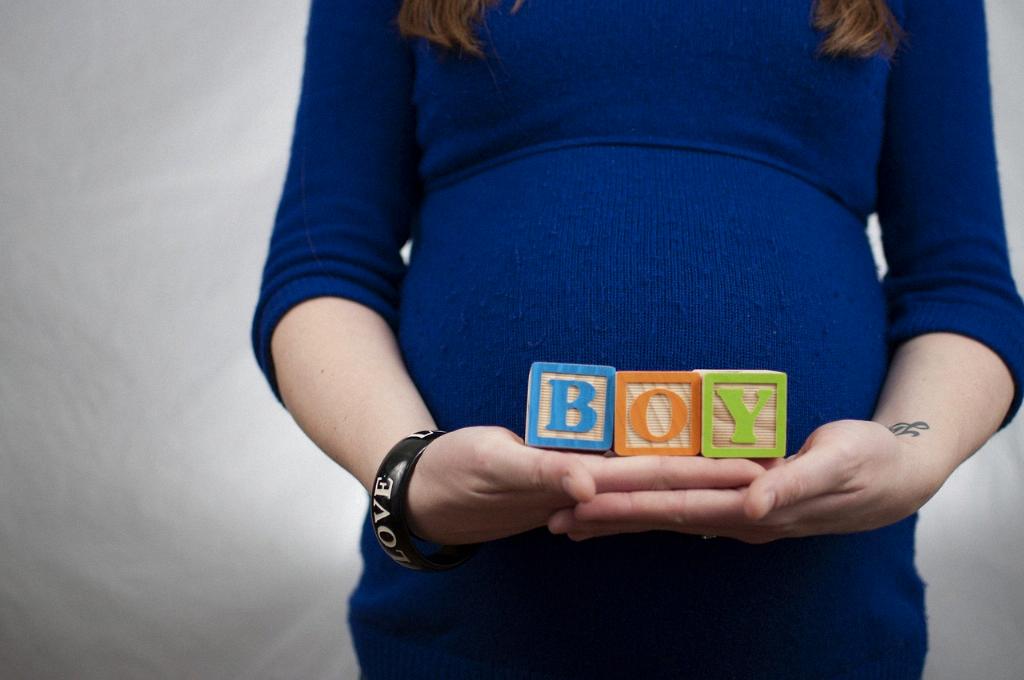Postpartum thyroiditis is a condition that affects some women after giving birth. The thyroid gland, a small butterfly-shaped gland in the neck, plays a crucial role in regulating metabolism and energy levels in the body. During pregnancy, the thyroid is required to work harder to support the growing baby. After childbirth, some women experience changes in their thyroid function.
Prevalence of Postpartum Thyroiditis
Postpartum thyroiditis is a relatively common condition, affecting around 3 in 100 to 2 in 25 pregnant women. While the exact cause is not fully understood, it is believed to be related to the immune system’s response to the changes that occur during pregnancy and childbirth.
Symptoms of Postpartum Thyroiditis
Women with postpartum thyroiditis may experience symptoms such as fatigue, weight gain, hair loss, mood changes, and difficulty concentrating. These symptoms can vary in severity and may be mistaken for normal postpartum changes or other conditions.
Diagnostic Tests for Postpartum Thyroiditis
If you suspect that you have postpartum thyroiditis, it is essential to consult your healthcare provider. They may perform blood tests to measure your thyroid hormone levels and antibodies associated with thyroid conditions. A physical exam may also be conducted to assess the size and condition of your thyroid gland.
Treatment Options for Postpartum Thyroiditis
The treatment for postpartum thyroiditis depends on the specific symptoms and thyroid hormone levels. In some cases, no treatment may be needed, as the condition may resolve on its own. However, if thyroid hormone levels are imbalanced, medication may be prescribed to help regulate them.
Impact on Breastfeeding
Postpartum thyroiditis does not typically have a significant impact on breastfeeding. However, it is essential to inform your healthcare provider if you are breastfeeding and have thyroid-related concerns. They can provide guidance on managing the condition while breastfeeding.
Long-Term Effects of Postpartum Thyroiditis
For most women, postpartum thyroiditis is a temporary condition that resolves within a year of onset. However, in some cases, the condition may progress to hypothyroidism or hyperthyroidism, requiring ongoing monitoring and treatment.
Emotional Impact of Postpartum Thyroiditis
Coping with postpartum thyroiditis can be challenging, as the symptoms can affect daily life and overall well-being. It is essential to seek support from healthcare providers, family, and friends to manage the emotional impact of the condition.
Managing Postpartum Thyroiditis
In addition to medical treatment, lifestyle changes such as maintaining a healthy diet, getting regular exercise, and managing stress can help alleviate symptoms of postpartum thyroiditis. It is essential to prioritize self-care and listen to your body’s needs.
Seeking Support for Postpartum Thyroiditis
If you are experiencing symptoms of postpartum thyroiditis, do not hesitate to reach out for support. Your healthcare provider can offer guidance on managing the condition and refer you to specialists if needed. Remember that you are not alone in dealing with postpartum thyroiditis.
Conclusion
Postpartum thyroiditis is a common condition that can impact women after childbirth. By understanding the symptoms, diagnosis, and treatment options for postpartum thyroiditis, you can take proactive steps to manage the condition effectively. Remember to prioritize your health and well-being as you navigate this challenging but manageable condition.

